Ivory Coast
The world’s biggest cocoa producers Ivory Coast and Ghana have stepped up their efforts to reform the industry, imposing a fixed “living income differential” of $400 a tonne on all cocoa contracts sold by either country for the 2020/21 season.
The premium cited in an official letter seen by Reuters replaces an earlier proposal for a floor price for cocoa contracts, which is part of a wider plan to combat poverty among farmers in Ivory Coast and Ghana, which together account for more than 60% of global supply.
Cocoa from Ghana and Ivory Coast already trades at substantial premiums to the futures market due to its quality.
Shaking up the cocoa industry
The West African neighbours said last month they would fix a minimum price of $2,600 per tonne free-on-board (FOB) that chocolate companies must pay from the 2020/21 season if they want to access their cocoa.
Funds raised by the living income differential (LID) will be used to help increase payments to farmers, with the aim being for them to get 70% of a $2,600 a tonne (FOB) target price, the letter sent by the two governments to a trade federation says.
If market prices rise above $2,900 (FOB), proceeds from the LID will be placed in a stabilisation fund that would aim to ensure the governments can pay farmers 70% of the $2,600 target price when market prices fall.
Chances of success
Ghana and Ivory Coast both guarantee a farmer price at the start of each season.
The LID will apply in addition to the normal country differentials, the letter says.
“Short term they’ll win (on price) but how long will it be before industry reorganise themselves and Ivory Coast and Ghana have too much production they have to control,” said a Europe-based trader.
Ghana and Ivory Coast last month suspended forward sales of cocoa for the 2020/21 season to give themselves time to implement the new pricing mechanism.
Cocoa prices on ICE Futures Europe hit a one year high of 1,939 pounds ($2,424) this week amid confusion over a plan that marks the biggest shake-up of the cocoa market in years.
Backing from chocolate makers
Chocolate makers including Mars, Olam and Hershey’s told Reuters they support efforts to relieve farmer poverty, but traders said the plan could lead to surplus production and might eventually prompt them to seek other sources of supply.
Companies at a meeting last week in Abidjan to discuss the plan included Hershey, Mars, Blommer Chocolate, Cemoi, SucDen, Mondelez, Touton, Barry Callebaut, Cargill, Olam and Ecom Trading.
REUTERS



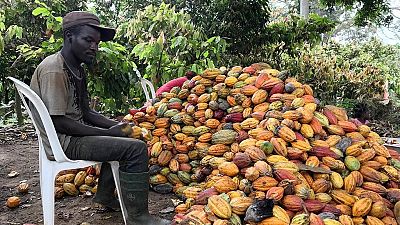


![Africa's hight cost of climate change [Business Africa]](https://static.euronews.com/articles/stories/08/77/73/84/320x180_cmsv2_065e40c7-90d8-5143-b8da-c4885db015dc-8777384.jpg)
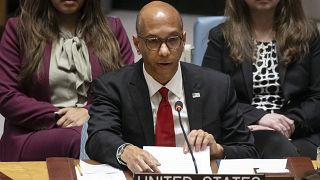
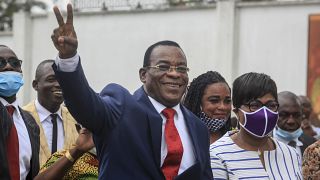
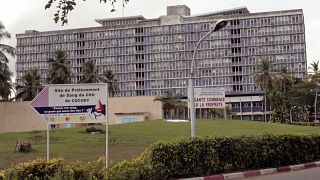
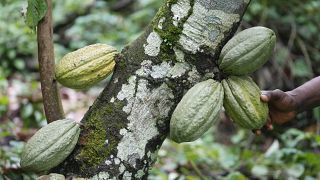
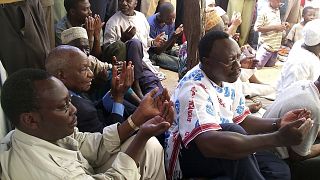

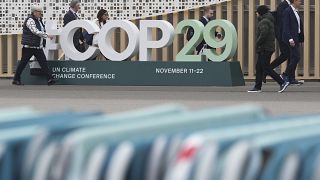
Go to video
Football: Fatawu injured for the rest of the season
Go to video
Ghana's Supreme Court restores NPP's Parliamentary majority ahead of December election
01:07
Opposition leader leads polls in Ghana's presidential race
01:11
Paris' Salon du Chocolat opens its doors
Go to video
US announces visa restrictions for Ghana
Go to video
Is Migration the only path to success for the African youth? (Africanews Debates)